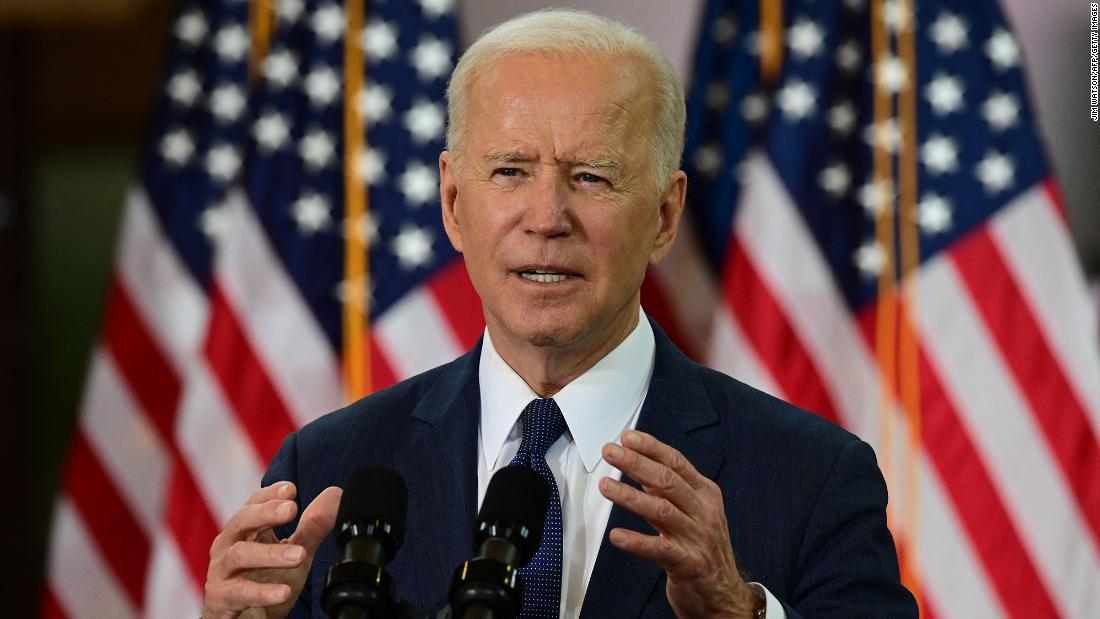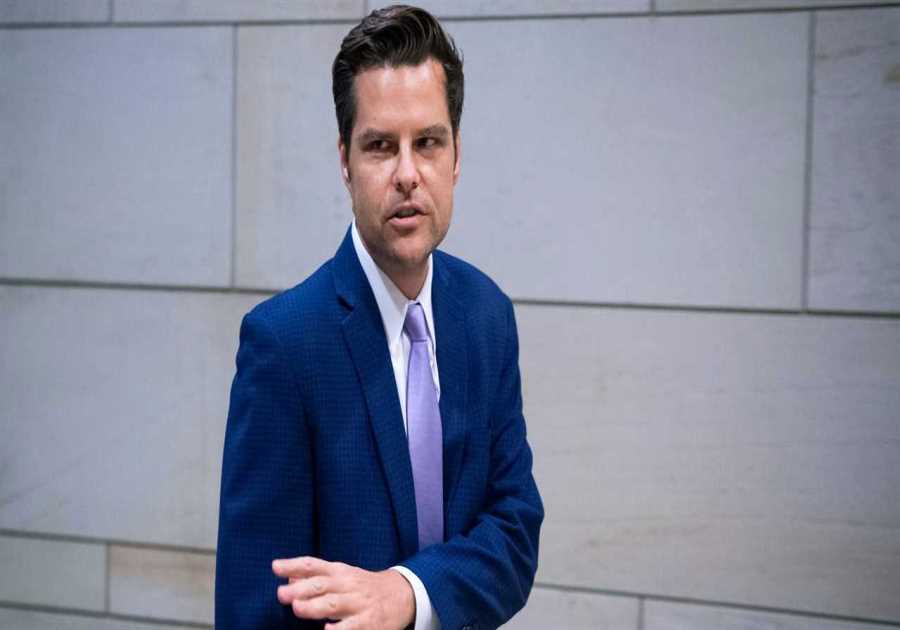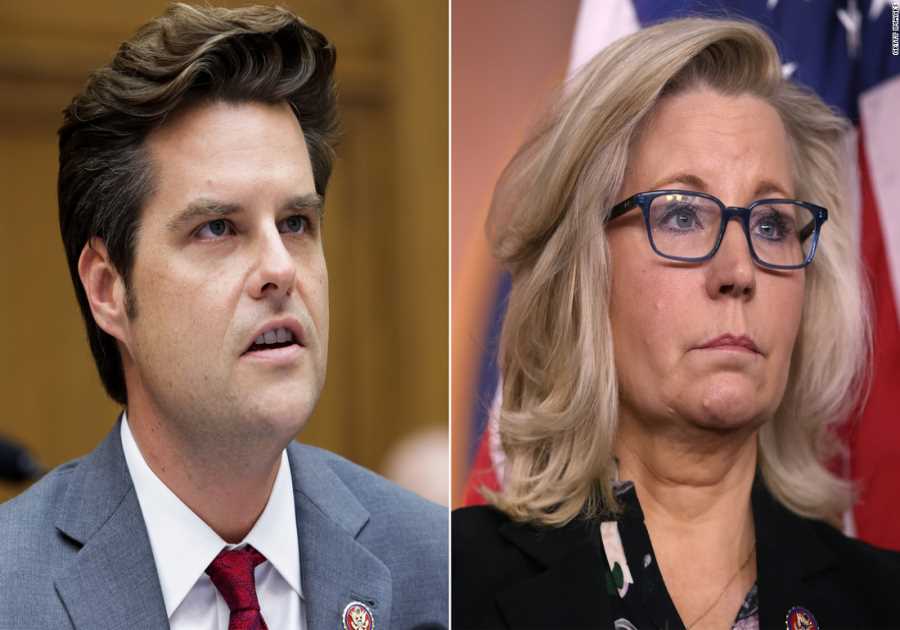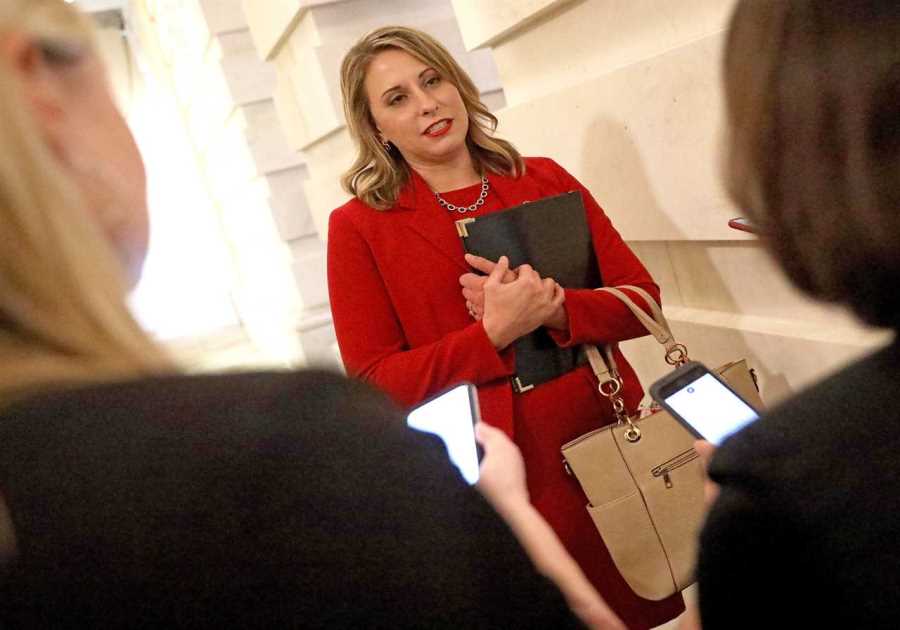
The meeting will be the first time Biden sits down with lawmakers to discuss his proposal, which has been met with resistance by some lawmakers from both parties on Capitol Hill. The President
unveiled his plan last month and it's aimed at improving the nation's infrastructure and shifting to greener energy over the next eight years.
Biden and Vice President Kamala Harris are scheduled to meet with Democratic Sens. Maria Cantwell of Washington and Alex Padilla of California, Republican Sens. Deb Fischer of Nebraska and Roger Wicker of Mississippi, Democratic Reps. Donald M. Payne, Jr. of New Jersey and David Price of North Carolina, and Republican Reps. Garret Graves of Louisiana and Don Young of Alaska.
White House economic adviser Jared Bernstein said Monday morning on CNN's "New Day" that the lawmakers chosen for the first meeting "have a long history of sitting on committees that oversee investments that they themselves have long said need to be made."
Biden has touted his package as a "once-in-a-generation investment in America." It invests in manufacturing, transportation, research and development, bolstering caregiving for aging and disabled Americans and building new public schools and upgrading existing buildings.
But, some Republicans on the Hill are balking at the proposal's price tag and take issue with its broad definition of infrastructure and a proposed corporate tax hike.
Democrats also remain divided over details of the proposal and the best way to shepherd it through both chambers.
Biden has said he is open to compromise on how to pay for his plan. His proposal currently includes raising the corporate income tax rate to 28%, up from 21%, which would fulfill one of the President's core campaign promises. The rate had been as high as 35% before former President Donald Trump and congressional Republicans cut taxes in 2017.
The President has warned that inaction on the country's infrastructure is not an option, suggesting if he doesn't garner the necessary bipartisan support he could attempt to move forward with the same process that allowed him to pass his sweeping $1.9 trillion Covid-19 relief package without any Republican votes.
Democrats are weighing using the same budget reconciliation process to pass the infrastructure proposal, which would only require a simple majority instead of 60 votes in the Senate. Democrats have very narrow margins in both the House and Senate, which makes every vote within their own party essential.
Democratic Sen. Joe Manchin, who is not in Monday's meeting at the White House but will be a key figure deciding the proposal's fate, has pushed the White House to get more Republican support and has suggested he opposes using the reconciliation process to pass the package.
Biden has assigned five Cabinet secretaries to serve as his messengers in working with Congress and engaging with the public on the administration's infrastructure proposal. The five secretaries he appointed as his infrastructure emissaries are Transportation Secretary Pete Buttigieg, Energy Secretary Jennifer Granholm, Housing and Urban Development Secretary Marcia Fudge, Labor Secretary Marty Walsh and Commerce Secretary Gina Raimondo.
Biden's infrastructure and jobs plan is the first of a two-part proposal to help the nation's economy recover from the coronavirus pandemic. The other is expected to be a set of investments aimed at helping American workers and boosting education.
CNN's Betsy Klein contributed to this report.






